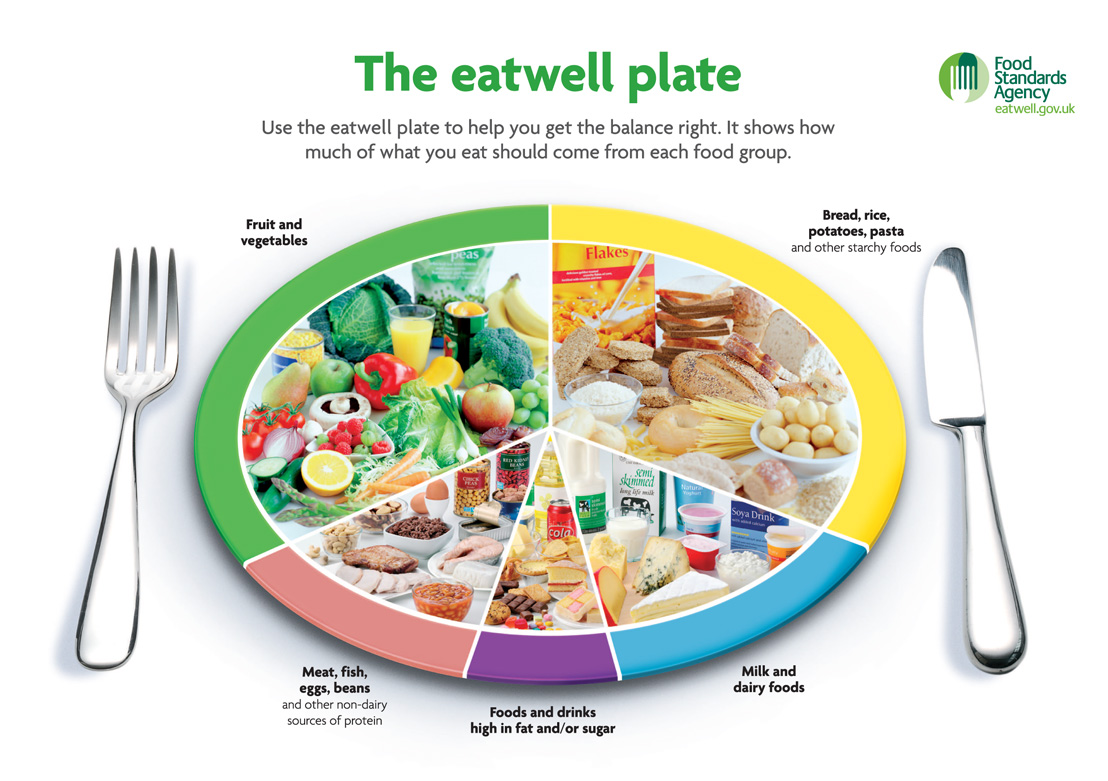Healthy Lifestyles
Healthy Lifestyles
During your teenage years you are rapidly growing and developing as well as experiencing physical, hormonal and social changes. To help you thrive during this time and help you stay fit and healthy there are a number of different things to think about;
*Eating a varied balanced diet.
Your body needs energy and nutrients to carry out every day activities like thinking, moving and breathing! It also needs a number of important vitamins and minerals to support growth and your transition to adulthood. Eating a diet that is varied and balanced can really help you feel good and perform at your best and can also keep you healthy throughout your life.

The Eatwell Guide is a great pictorial to help understand the different foods that make up a healthy balanced diet.
www.nhs.uk/live-well/eat-well/the-eatwell-guide
Water is the best option so aim for 6-8 glasses a day. Milk is also a good choice as it contains calcium. Both of these also help to protect your teeth from decay. Fruit juices are ok in small amounts (as one of your 5 a day) but can often contain lots of sugar. Fizzy drinks and energy drinks contain a lot of sugar which can damage your teeth so it is best to have these occasionally.
To make sure you are getting enough energy and nutrients to keep you performing at your best, try to eat lots of different foods during the week by making your plates as colourful as possible!
Top tips!
*Include carbohydrates in most of your meals and ask your responsible adult to choose wholegrain versions to help keep you fuller for longer!
*Eat a rainbow – choose fruits and vegetables of different colours as this means you are getting a variety of vitamins and minerals in your diet. Challenge the family to try a fruit or vegetable you haven’t tried before or buy some for your friends to try with you.
*Try to have a good breakfast that sets you up for the day. If you aren’t hungry when you first wake up maybe take a piece of fruit, sandwich or yogurt pot with you for later. Although energy drinks may make you feel alert, they won’t keep you going for long.
*Snacks are great to keep you going during the day so pack a few in your bag just in case. Fruit, veggie sticks, cheese and crackers and nuts are easy options. It’s good to have them to hand at the end of a school day.
*Carry a water bottle with you which will help you to drink more water.
*Avoid fad diets and diet products – they are advertised everywhere and promise the perfect solution to weight loss and achieving the ‘ideal’ body shape. You are going through an important growth and development stage and restricting food groups isn’t a good idea. The diets are often short term solutions and are very hard to maintain. If you are having a diet that includes a wide variety of different foods from all the different food groups its very unlikely you will need to buy supplements.
*Social Media – often shows the ‘perfect life’ or ‘best diet’ but they can often make you feel depressed, anxious or negative about what you’re eating and your body. Try not to follow people that make you feel like this and instead choose accounts that make you feel good or inspire you. As long as you are having a balanced and varied diet it’s likely you’re already eating well.
*If you are worried about your relationship with food and would like some support, you can book an appointment with your GP or contact www.beateatingdisorders.org.uk The NHS also has some useful information Eating Disorders
Useful Links
The NHS Live Wellpage has some great information:
https://www.nhs.uk/live-well/eat-well/healthy-eating-for-teens/
The British Heart Foundation has some great guides:
Portion sizes - https://www.bhf.org.uk/informationsupport/support/healthy-living/healthy-eating/healthy-eating-toolkit/food-portions
Reading Food Labels - https://www.youtube.com/watch?v=8wU3zOdtqLI
Change for Life has some really useful food facts and recipe ideas for meals including breakfast and lunchboxes –
Food facts - https://www.nhs.uk/change4life/food-facts
Recipes - https://www.nhs.uk/change4life/recipes
The British Dietetic Association has some fact sheets that give some good advice and tips:
https://www.bda.uk.com/foodfacts/home
Your login details have been used by another user or machine. Login details can only be used once at any one time so you have therefore automatically been logged out. Please contact your sites administrator if you believe this other user or machine has unauthorised access.







